Following the recent heavy rains which are predicted to continue this Autumn, what steps can you take to protect yourself and your property from floods?
GOV.UK has the following advice to be as prepared as you can in case of flooding.
The best way to protect yourself from flooding is to know what to do in advance.
There are 3 levels of flood warning:
Flood alert – Prepare
- prepare a bag that includes medicines and insurance documents
- check flood warnings
Flood warning – Act
- turn off gas, water and electricity
- move things upstairs or to safety
- move family, pets and car to safety
Severe flood warning – Survive
- call 999 if in immediate danger
- follow advice from emergency services
- keep yourself and your family safe
You should prepare a bag of essential items to take with you if you have to leave your home. Keep this in a safe place. You could include things like spare medication, glasses, clothing, important documents and contact details such as the number of your insurance company.
Create a checklist of things to do to protect your family, such as turning off the electricity and gas to prevent a fire.
Know how to turn off your gas, electricity and water
If you leave your home during a flood you’ll need to turn off your mains water, gas and electricity if it’s safe to do so. You should find out in advance how to do this.
The location of water stopcocks, gas shut-off valves and electrical master switches varies between properties. The gas shut-off valve is usually beside the meter. The mains electricity cut-off is usually a big red switch on your fuse box. If you can’t find your water stopcock, ask someone with practical experience or a plumber to help you.
Protect your property
You can make changes to your property that will help you to get back to normal more quickly after a flood and reduce the damage flooding can do.
To reduce flood damage you can take steps such as laying tiles instead of carpets, moving electrical sockets higher up the wall and fitting non-return valves to stop flood water entering your property through the drains. Bluepages lists suppliers of flood products and services.
For more information on advance measures, get the National Flood Forum’s property protection guides..
Simple maintenance like keeping drains and gullies clear of debris will also help to protect your property.
Check your insurance
Make sure you have insurance to protect your home or business. If you have buildings and contents insurance, check if flood damage is included.
If you rent your home, it’s your responsibility to protect your belongings.
Bookmark flood forecasting websites
Keeping a list of useful web pages can save time when you want to check:
Find out where you’ll get help
Areas prone to flooding may already have flood groups and community hubs where you can find food, clothing, shelter and advice during a flood. Some areas have community flood wardens – volunteers who monitor a specific local area and inform its residents when flooding is likely.
Visit the National Flood Forum or call them on 01299 403 055 for help in finding local support. You can also try searching for local flood groups on

